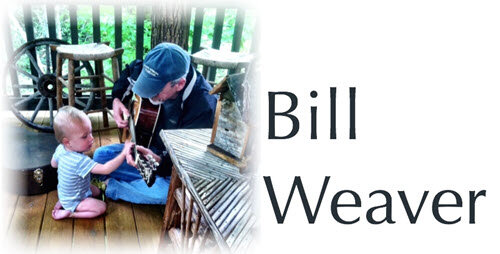It's Not Easy Being Singular
There's a downside to community in singular One-ness. If your joy is literally my joy, then conversely your sadness is every bit mine, too; and my failure becomes your failure, and your weakness or pain becomes part of me, and my addiction or unlovingness infects and weakens you as it does me.
Again, to be clear, this is not figurative speech. Think about your own individual body. When one part is sick or injured or hurting or just being obstinate, the rest of you has to work harder to compensate. It's no different in the singular Body of Christ.
Nor is it about one or the other of us choosing to have empathy or sympathy for another who's struggling - something as individuals in union we can either do or not depending on how we're feeling on any particular day about the New Commandment (John 13:34). Rather, it's the hard reality that when I fall, I take you down with me (whether or not you want to go there) because you are quite literally a part of me; or the cold truth that in the midst of your indulgence, I am right there beside you soaking up whatever it is you're sucking into your spirit, and sharing in whatever consequence befalls you as a result.
And perhaps most challenging in our present-day cubicle world is the uncomfortable fact that living in singularity means my space is your space, and your space is my space, because we all stand together in one space before God.
Fact is, community life in union can be relatively "safe" when it comes to our personal stuff, particularly if you know how to hide out in a crowd, but in singularity not so much. There's nowhere to hide; no opt-out short of denying the faith.
Perhaps this is why Paul spent so much time reminding folks of who we are (and are not). What did he say? A little leaven [corruption] makes a mess of the whole lump, and that in truth we are unleavened [uncorrupted]? (1 Cor. 5:6-7) There it is. Injecting leaven into our singular One-ness is not a you-thing or a me-thing, but very much an us-thing because of our literal singularity.
So back to the question asked in a previous post, which One is the Church? Is it union? (Lots of folks in a room, each with a part to play.) Or singularity? (There's only one person in the room, and it is us). The correct answer, of course, is that we're both. But to ask the question yet another way: on any given day what combination of One as union vs. singular do we think (and therefore act, speak and live as if) we are? Ahhh … perhaps there's the rub.
